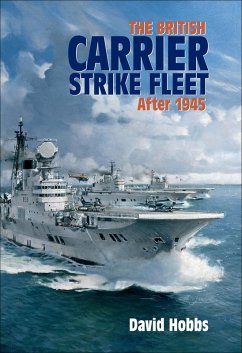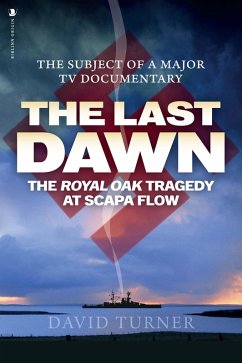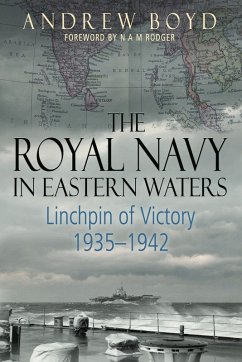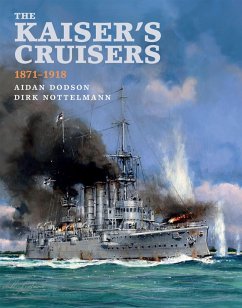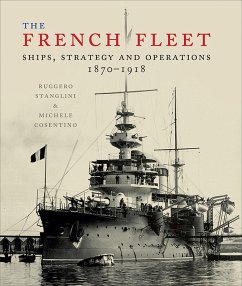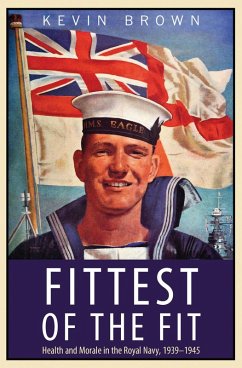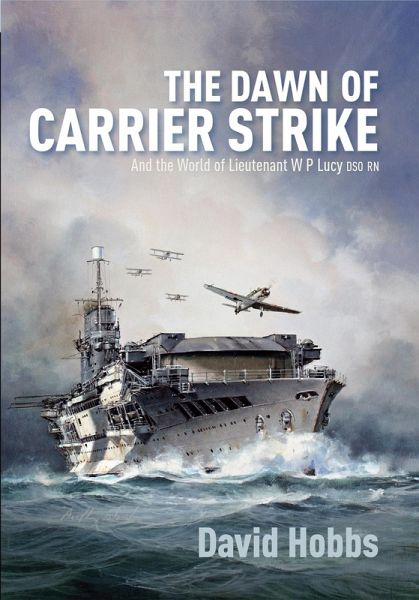
The Dawn of Carrier Strike (eBook, ePUB)
The World of Lieutenant W P Lucy DSO RN

PAYBACK Punkte
0 °P sammeln!
A biography of a British pilot set against the backdrop of the Royal Navy's fight to regain control of its aviation after the First World War. The establishment of the RAF came at a cost-and it was the Royal Navy that paid the price. In 1918 it had been pre-eminent in the technology and tactics of employing aircraft at sea, but once it lost control of its own air power, it struggled to make the RAF prioritize naval interests, in the process losing ground to the rival naval air forces of Japan and the United States. This book documents that struggle through the cash-strapped 1920s and '30s, cul...
A biography of a British pilot set against the backdrop of the Royal Navy's fight to regain control of its aviation after the First World War. The establishment of the RAF came at a cost-and it was the Royal Navy that paid the price. In 1918 it had been pre-eminent in the technology and tactics of employing aircraft at sea, but once it lost control of its own air power, it struggled to make the RAF prioritize naval interests, in the process losing ground to the rival naval air forces of Japan and the United States. This book documents that struggle through the cash-strapped 1920s and '30s, culminating in the Navy regaining control of its aviation in 1937, but too late to properly prepare for the impending war. However, despite the lack of resources, British naval flying had made progress, especially in the advancement of carrier strike doctrine. These developments are neatly illustrated by the experiences of Lieutenant William Lucy, who was to become Britain's first accredited air 'ace' of the war and to lead the world's first successful dive-bombing of a major warship. Making extensive use of the family archive, this book also reproduces many previously unseen photographs from Lucy's album, showing many aspects of life in the Fleet Air Arm up to the end of the Norway campaign. The inter-war concentration on carrier strike would be spectacularly vindicated during World War II-and it was the Royal Navy that had led the way.




